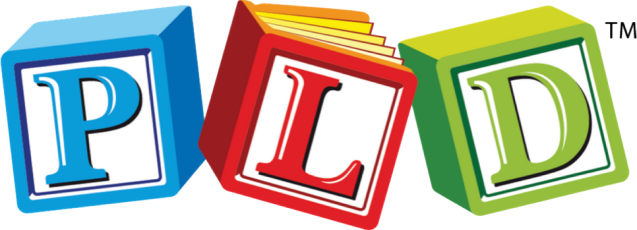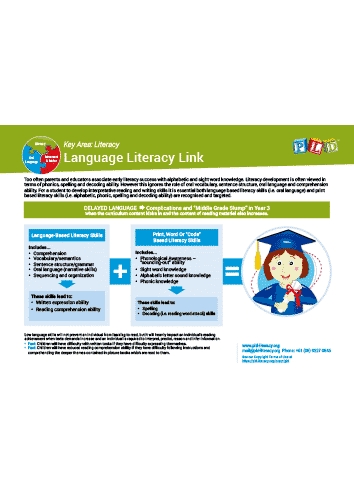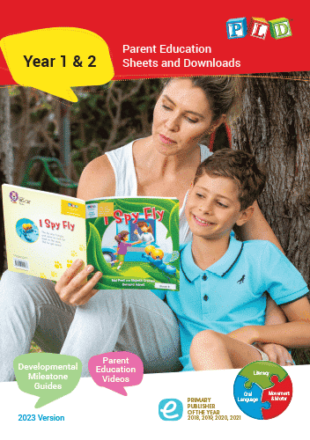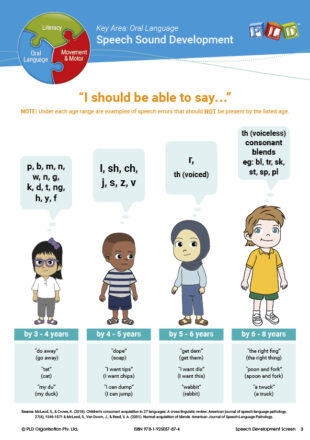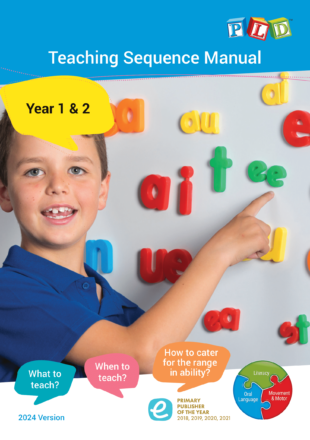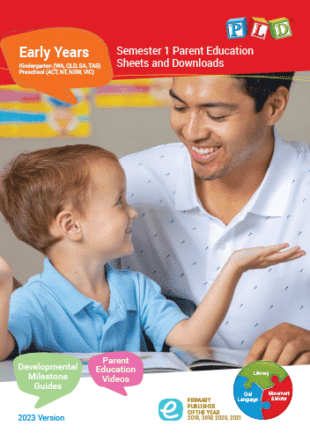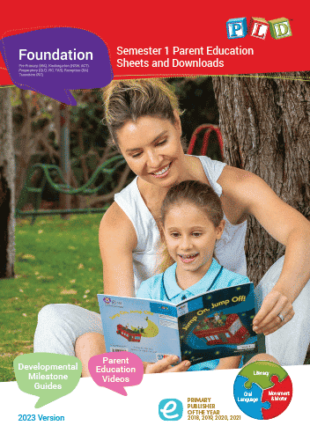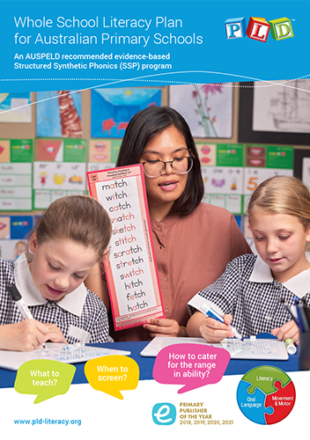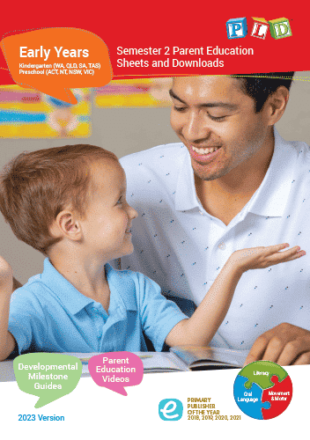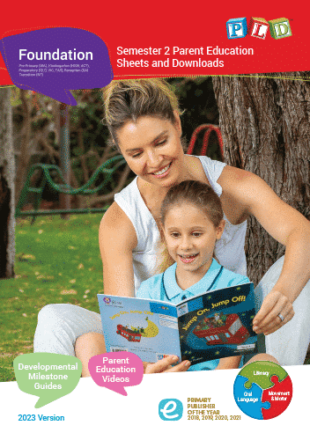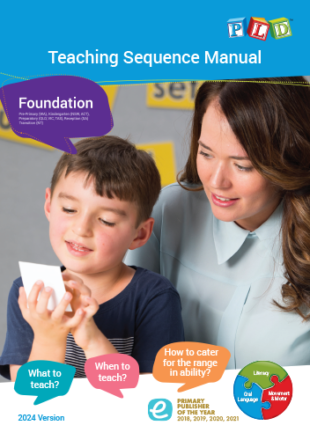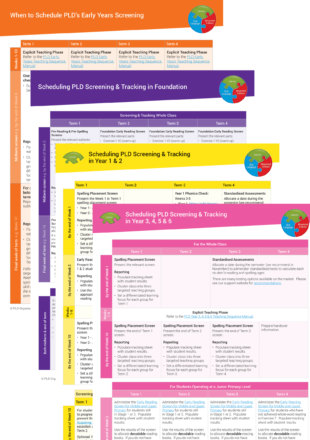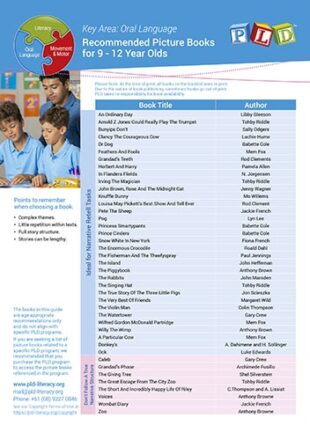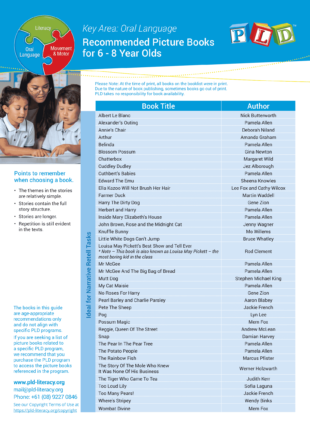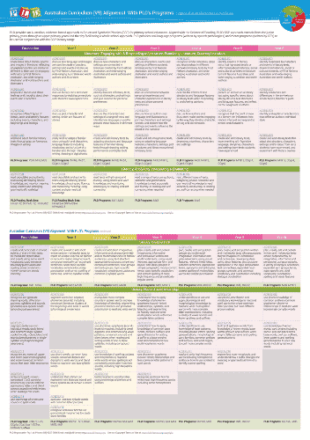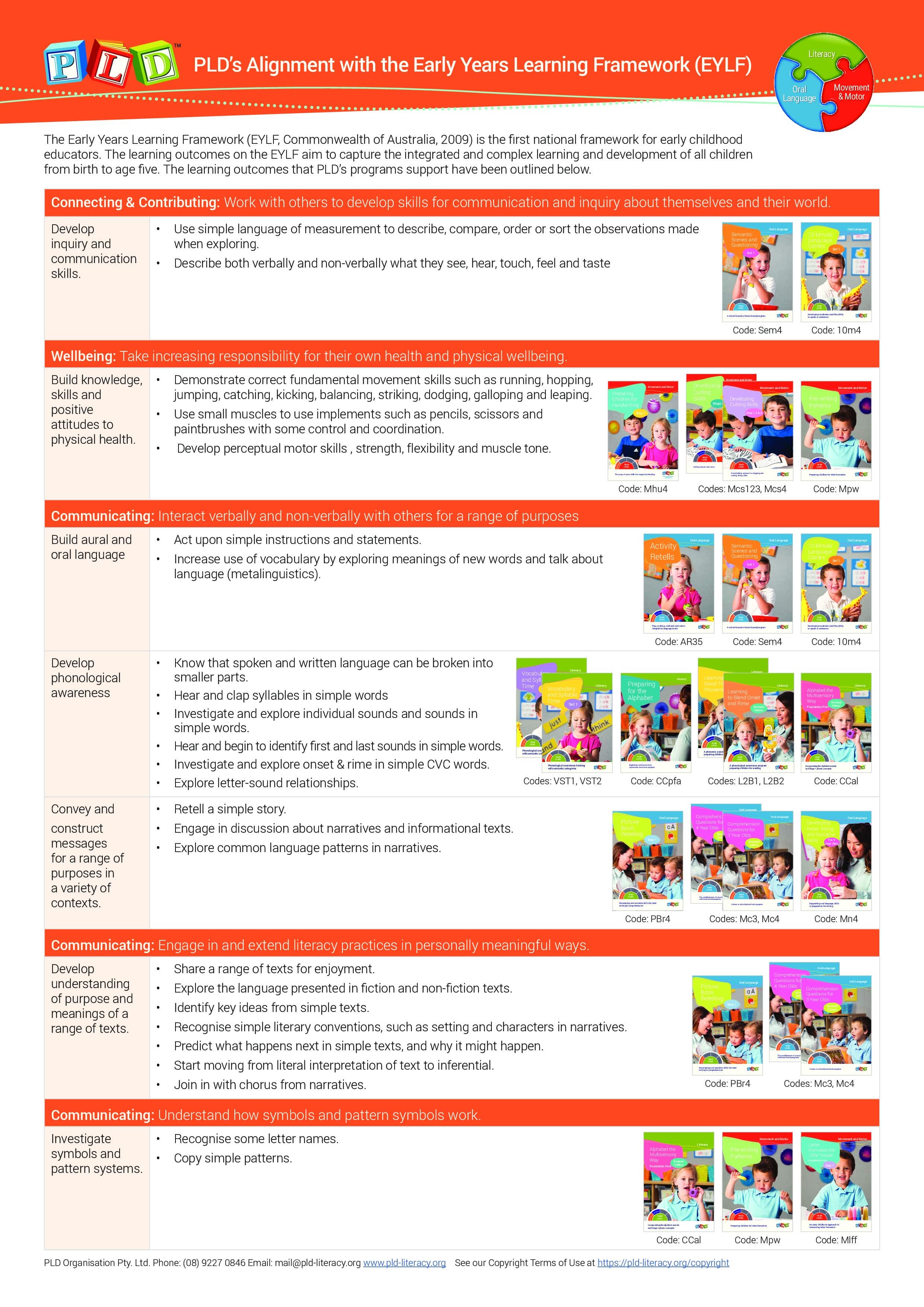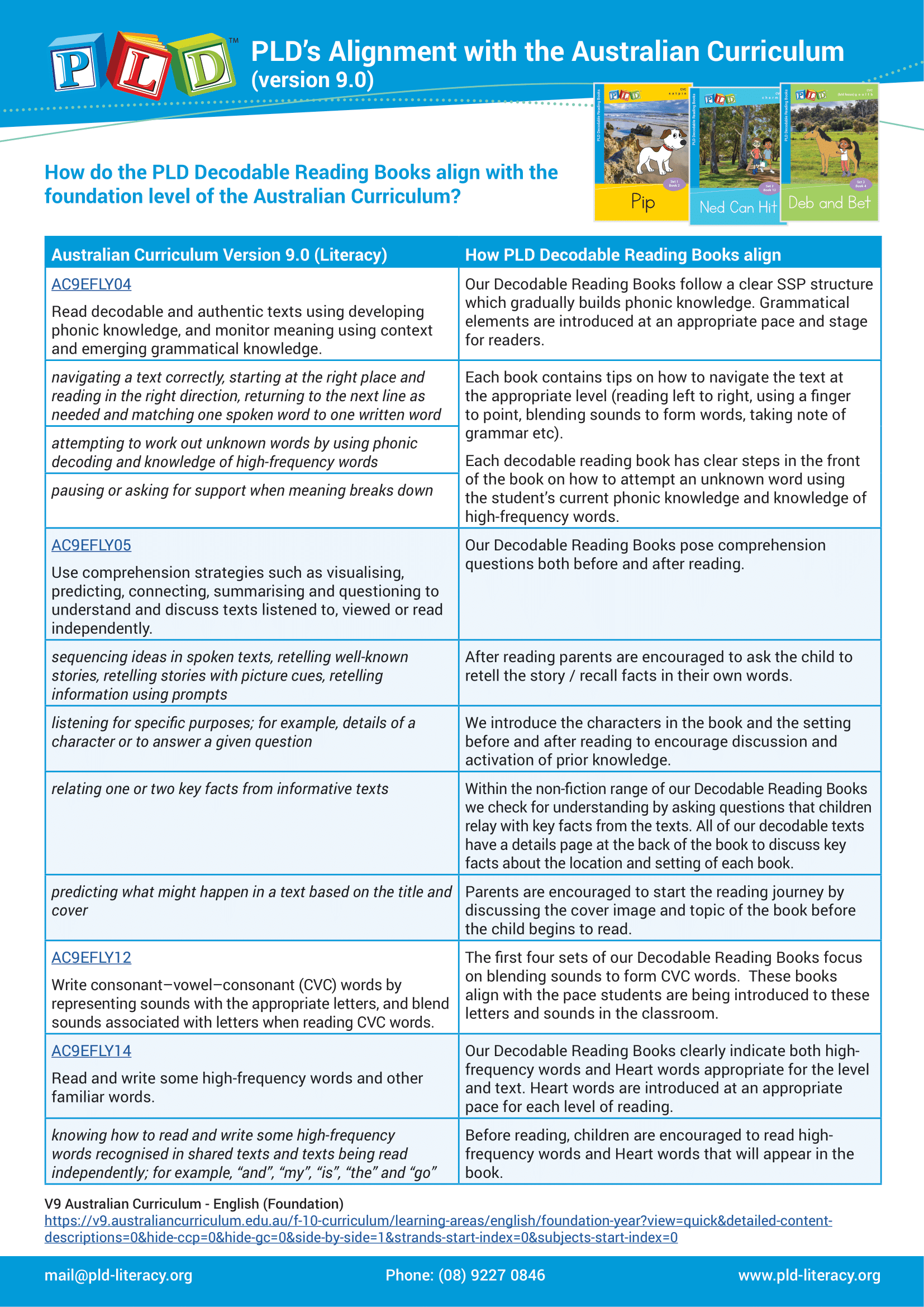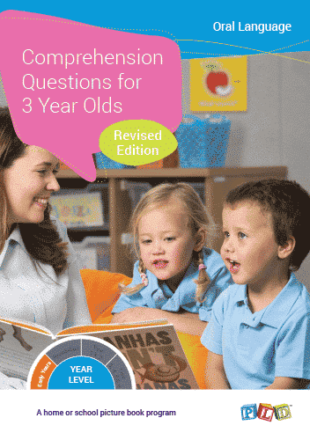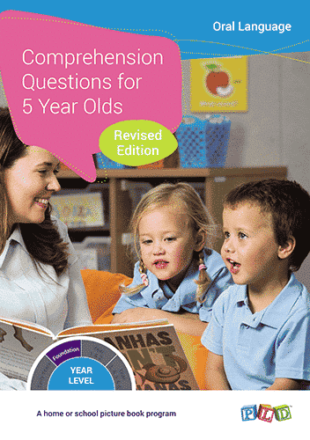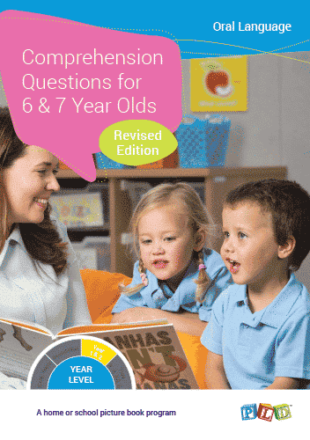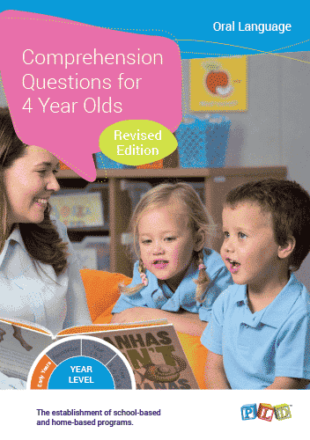-
Early Years to Year 6 Assessment Schedule
The following Early Years to Year 6 full year assessment schedule and scope and sequence outlines have been provided as a general term-by-term guide from which schools can adapt their scheduling. While some students will progress faster and some slower, these plans should be considered for the bulk of students. Screening and tracking is an […]
The following Early Years to Year 6 full year assessment schedule and scope and sequence outlines have been provided as a general term-by-term guide from
-
PLD’s Whole School Literacy Plan
The document outlines how to implement PLD’s literacy, Movement and Motor and Oral Language resources during the Early Years, Foundation, Year 1 & 2 and across Years 3 to 6. Each page provides suggested time frames and implementation recommendations.
The purpose of this document is to provide an implementation outline to assist schools in scheduling the PLD programs within a broad school-based strategy. When
-
Recommended picture books to read to 9, 10, 11 & 12 year olds
A recommended reading book list that promotes the development of oral language skills in children aged 9-12 years old.
The books in this guide outline quality age-appropriate recommendations only and do not align with specific PLD programs. The lists have been created by speech
-
Recommended picture books to read to 6, 7 & 8 year olds
A recommended reading book list that promotes the development of oral language skills in children aged 6-8 years old.
The books in this guide outline quality age-appropriate recommendations only and do not align with specific PLD programs. The lists have been created by speech
Language Literacy Link
A information sheet explaining the importance of targeting BOTH language based literacy (or oral language skills) and print based literacy skills (i.e. alphabetic, phonic, spelling and decoding ability) for the development of interpretative reading and writing skills.
Too often parents and educators associate early literacy success with alphabetic and sight word knowledge. A little later on in a child’s development literacy is often viewed in terms of phonics, spelling and decoding ability. This ignores the role of oral vocabulary, sentence structure, oral language and comprehension ability. For students to develop interpretative reading and writing skills it is essential that both language based literacy (or oral language skills) and print based literacy skills (i.e. alphabetic, phonic, spelling and decoding ability) are recognised and targeted.
This item can downloaded from the the link below. See our Copyright Terms of Use at https://pld-literacy.org/help-pages/copyright-policy/.
You may be interested in…
Books: PLD’s books may only be used by the Authorised Purchaser, and the Authorised Purchaser’s students, and only in conjunction with classes taken by the Authorised Purchaser. PLD’s books may be photocopied up to 10% per year for use only by the Authorised Purchaser. The Authorised Purchaser is defined as the original purchaser of the PLD materials.
eBooks: PLD’s eBooks may only be used by the Authorised Purchaser, and the Authorised Purchaser’s students, and only in conjunction with classes taken by the Authorised Purchaser. The Authorised Purchaser is defined as the original purchaser of the PLD eBook. Under the ‘Statutory Educational Licence’ the authorised purchaser can:
- View the eBook as a whole or in part
- Copy the eBook to their personal drive or locally on their device
- Display the eBook on your Interactive Whiteboard, projector or smart TV, for the purpose of teaching the students in their own classroom
- Photocopy or print up to 10% of the eBook per year, for use with the students in their classroom(s).
For copyright purposes, every page of the PLD eBooks will be stamped with the name & email address provided by the purchaser at the time of order. PLD ebooks belong solely to the purchaser and may not be shared with colleagues, parents or anyone else. PLD eBooks must not be uploaded to school servers, intranets or online platforms. Schools wishing to licence PLD eBooks can contact us HERE.
School Licences: A School Licence is a multi-user subscription to a PLD resource, such as a book or program, in a digital and printable format that is accessible via the ‘My Subscription’ section of the PLD website. A School Licence is valid for 12 months from the date of purchase and can be used by an unlimited number of teachers within a school. When bought under a School Licence:
- Resources are accessible in digital, flipbook format, which teachers can access from anywhere, at any time, on any device via the PLD website.
- The resources can be used by any amount of teachers in that school.
- Multiple teachers can access the resources simultaneously.
- The resource is available to print, subject to the standard 10% per year limitation as per Australian Copyright law.
- Updated versions of resources will be automatically accessible to users with a current licence for free, ensuring all users have access to the latest versions of resources.
- Resources are stored centrally and accessed via a secure login account on the PLD website. Thus, all currently subscription resources are accessible in the one convenient place, making resources extremely easy to find. Moreso, the school licence offering eradicates the frustration of lost or misplaced resources and programs which happens often with hardback books.
Additional information can be accessed via the following links:
Books: https://support.pld-literacy.org/en-au/article/plds-printed-electronic-materials-how-can-they-be-used-can-i-share-them-with-a-friendcolleague-9lk4y/
eBooks: https://support.pld-literacy.org/en-au/article/the-pld-ebooks-how-can-they-be-used-what-is-the-copyright-policy-ptfya8/
PLD’s Copyright Policy: https://support.pld-literacy.org/en-au/article/copyright-and-terms-of-use-of-pld-literacy-15tkcer/

